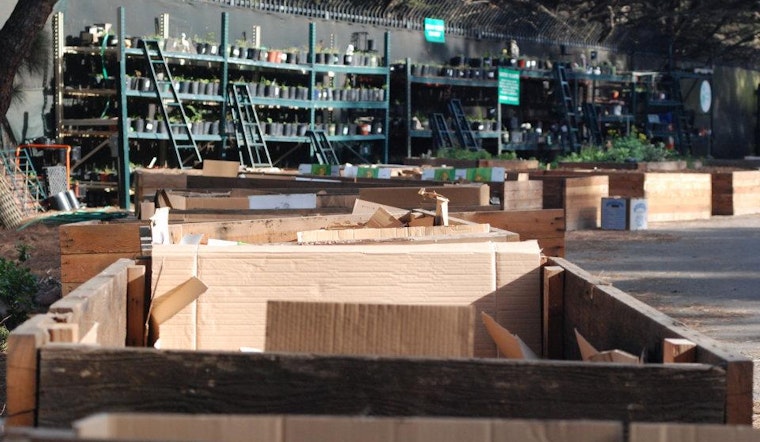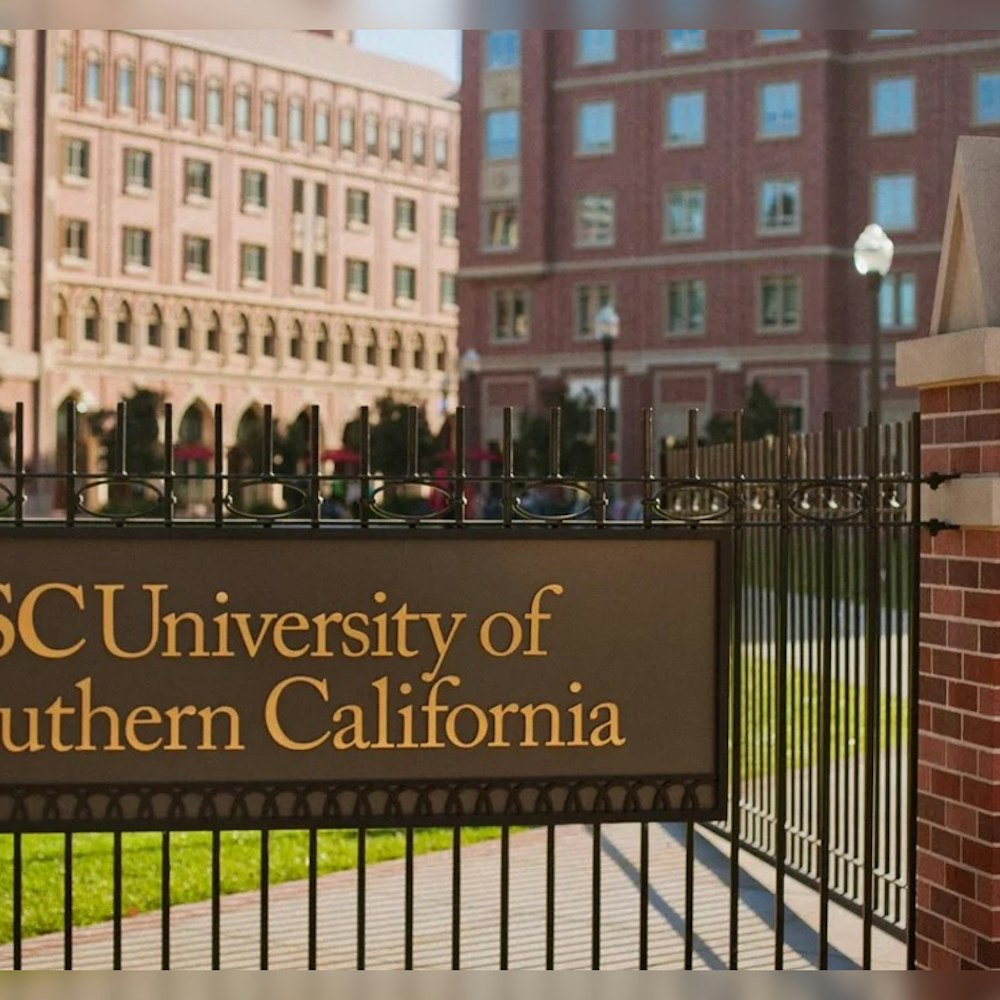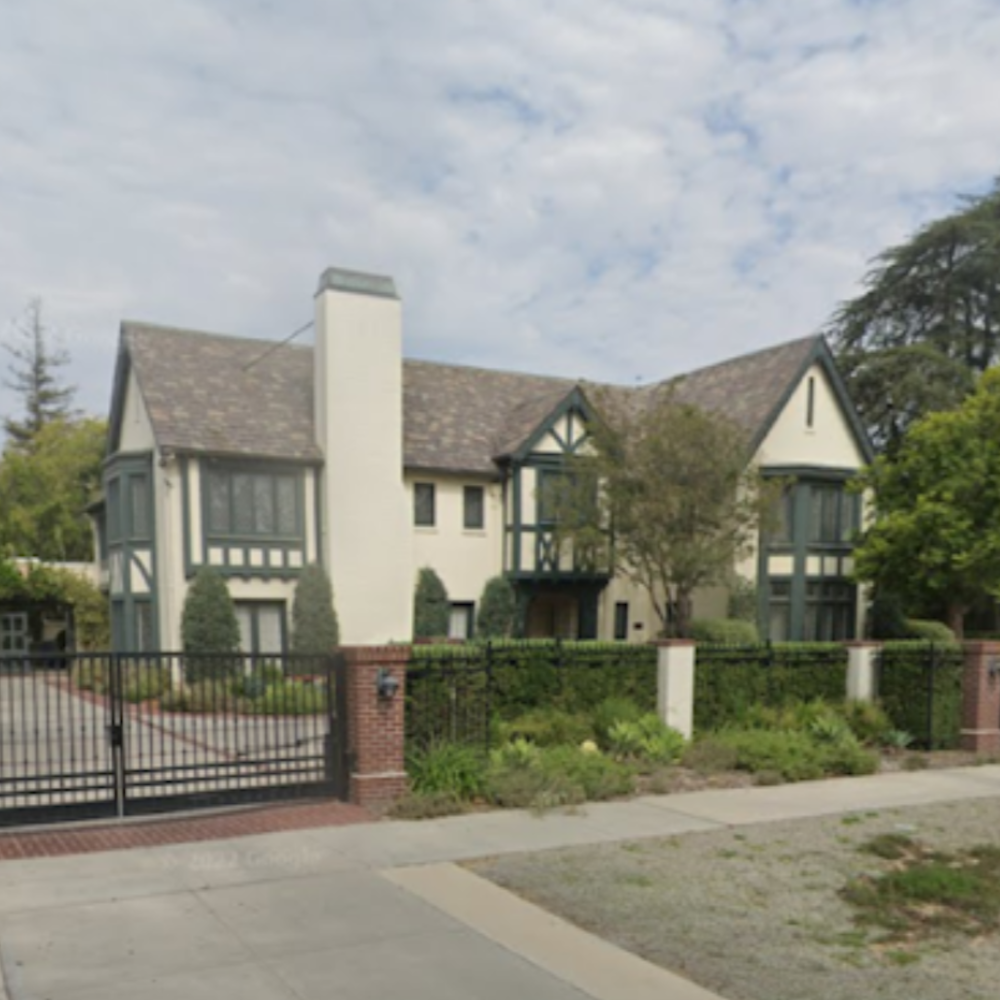
For nearly a year and a half, the Haight Ashbury Neighborhood Council's recycling center in Golden Gate Park has been the focus of an eviction dispute between the city's Recreation and Parks Department and HANC. The dispute, ostensibly about whether a community garden or a community recycling center is a more appropriate fixture for the park, has in fact come to highlight a longstanding political tension in the city generally, and in the Upper Haight in particular.
First, to understand the elements in the dispute, you have to know a little bit about its history. The HANC recycling center has, since 1974, been located at its current site at 780 Frederick Street, in a corner of Golden Gate Park near Kezar Stadium, on land it leases quarterly from Rec and Parks. And until December of 2010 the center and Rec and Parks were on functional, if not cordial terms. Then, in December of 2010, the city's Planning Commission heard and approved a preliminary design to re-appropriate the space leased by the recycling center and convert it to a community garden. The idea of another community garden in Golden Gate Park was not a new one; what was new was the recommendation that it be located on the site of the HANC recycling center, and not where Recs and Park originally recommended a new garden--on the lawn by McLaren Lodge, at the park's Stanyan entrance. Within a few days of the design approval, the Rec and Parks Department issued a notice to the recycling center terminating the lease. Three months later, in March of 2011, they filed an eviction notice, which HANC fought on the grounds that the current quarter of their paid lease had not yet terminated. RPD rescinded its initial eviction. March, incidentally, was the same month that the San Francisco Board of Supervisors issued a resolution that the city's Rec and Parks Department should cooperate "in good faith" with the HANC recycling center to either continue its existence at the current location or help transition the center to a new location, one that would still be able to help handle the recycling load it helps the city process. Then, in July, RPD started new eviction proceedings. The second eviction was appealed again by HANC, and that appeal is still waiting to be heard in court. Until its resolution, the judge granted the recycling center a stay, meaning it can continue to operate until further notice. -- The stranger part of the dispute is the apparent suddenness with which the city's Rec and Parks Department changed its position towards the HANC center. No matter who you ask or what their position, the core of the recycling center dispute isn't the actual land but its "community"--the communities it serves or might serve and the "best interests" of those communities. Which demands questions: what community? And whose best interests? There are two angles of looking at the eviction and the issues that undergird the use of the space. The first angle is that maintained by the groups working towards the center's eviction: the city Rec and Parks Department and HAIA, the Haight Ashbury Improvement Association. By this view the recycling center needs to move to be replaced by a community garden, because a community garden would serve the space better than a recycling center. As HAIA president Ted Loewenberg put it, "the existence of the recycling center has been a longstanding problem in this neighborhood. We think that not having it at this location would benefit this neighborhood." Specifically, he said, the recycling center is "the ATM of the street population. They (the homeless) have a source of money by pilfering recyclables (from streetside bins), and with that money have sustained their drug or alcohol abuse problems, and have continued to live on the street and not address the problem of their lives being in ruin." The idea of a garden came about, Loewenberg said, "in our brainstorming with Rec and Parks. We talked about what other uses could be made of that space, and we all agreed that having a community garden or something that was desirable" would be better than the recycling center. "In fact," he said, "there's blatant demand for such a facility and we thought that would certainly be something worth trying there." The other angle is that held by HANC, which maintains that the recycling center is still a productive, important part of the neighborhood it serves, and that a community garden can coexist with the extant facility. HANC also maintains that the Rec and Parks community garden plan was effectively an excuse for RPD to evict HANC from the park. As HANC president Richard Ivanhoe put it, "it became apparent that the real purpose (of the plan) was to get rid of the recycling center." According to Ivanhoe, Rec and Parks might want to evict HANC from the park because of "some of the positions we took against Gavin Newsom. We were pretty strong opponents of Sit/Lie." The Sit/Lie ordinance HANC opposed so vocally was put forward by former mayor Gavin Newsom, Ivanhoe said, and Phil Ginsburg, the current manager of Rec and Parks, is Newsom's former chief of staff. It was this angle, and this position, that the San Francisco Bay Guardian reported on when it covered the story late in 2010 and wrote an op-ed piece the same week. The notion that the center's eviction has more to do with removing a particular kind of political obstacle than it does with providing the community with a garden is supported by the fact that HANC has already provided a community garden. "We were planning," said Ivanhoe, "and have actually built a community garden" at the center since last December. "So there actually is a community garden on that site, and we saved the city the money to build it. Among other things, we've since built 50 raised garden beds, assigned the plots, they're all taken, and there's a short waiting list, and gardeners have been gardening their plots since mid-January." But the current community garden still isn't listed on RPD's registry of community gardens in the city. Asked whether the current, operational and occupied community garden fulfilled the need HAIA and the RPD saw for a community garden in the space, Ted Loewenberg was emphatic: "No," he said, "this operation (HANC's garden) is not what the community wants--it wants Rec and Parks to have a community garden there." Whether this is about the need for a community garden, or a leftover argument about homelessness from the sit/lie wars, it's clear that this debate is far from over.
First, to understand the elements in the dispute, you have to know a little bit about its history. The HANC recycling center has, since 1974, been located at its current site at 780 Frederick Street, in a corner of Golden Gate Park near Kezar Stadium, on land it leases quarterly from Rec and Parks. And until December of 2010 the center and Rec and Parks were on functional, if not cordial terms. Then, in December of 2010, the city's Planning Commission heard and approved a preliminary design to re-appropriate the space leased by the recycling center and convert it to a community garden. The idea of another community garden in Golden Gate Park was not a new one; what was new was the recommendation that it be located on the site of the HANC recycling center, and not where Recs and Park originally recommended a new garden--on the lawn by McLaren Lodge, at the park's Stanyan entrance. Within a few days of the design approval, the Rec and Parks Department issued a notice to the recycling center terminating the lease. Three months later, in March of 2011, they filed an eviction notice, which HANC fought on the grounds that the current quarter of their paid lease had not yet terminated. RPD rescinded its initial eviction. March, incidentally, was the same month that the San Francisco Board of Supervisors issued a resolution that the city's Rec and Parks Department should cooperate "in good faith" with the HANC recycling center to either continue its existence at the current location or help transition the center to a new location, one that would still be able to help handle the recycling load it helps the city process. Then, in July, RPD started new eviction proceedings. The second eviction was appealed again by HANC, and that appeal is still waiting to be heard in court. Until its resolution, the judge granted the recycling center a stay, meaning it can continue to operate until further notice. -- The stranger part of the dispute is the apparent suddenness with which the city's Rec and Parks Department changed its position towards the HANC center. No matter who you ask or what their position, the core of the recycling center dispute isn't the actual land but its "community"--the communities it serves or might serve and the "best interests" of those communities. Which demands questions: what community? And whose best interests? There are two angles of looking at the eviction and the issues that undergird the use of the space. The first angle is that maintained by the groups working towards the center's eviction: the city Rec and Parks Department and HAIA, the Haight Ashbury Improvement Association. By this view the recycling center needs to move to be replaced by a community garden, because a community garden would serve the space better than a recycling center. As HAIA president Ted Loewenberg put it, "the existence of the recycling center has been a longstanding problem in this neighborhood. We think that not having it at this location would benefit this neighborhood." Specifically, he said, the recycling center is "the ATM of the street population. They (the homeless) have a source of money by pilfering recyclables (from streetside bins), and with that money have sustained their drug or alcohol abuse problems, and have continued to live on the street and not address the problem of their lives being in ruin." The idea of a garden came about, Loewenberg said, "in our brainstorming with Rec and Parks. We talked about what other uses could be made of that space, and we all agreed that having a community garden or something that was desirable" would be better than the recycling center. "In fact," he said, "there's blatant demand for such a facility and we thought that would certainly be something worth trying there." The other angle is that held by HANC, which maintains that the recycling center is still a productive, important part of the neighborhood it serves, and that a community garden can coexist with the extant facility. HANC also maintains that the Rec and Parks community garden plan was effectively an excuse for RPD to evict HANC from the park. As HANC president Richard Ivanhoe put it, "it became apparent that the real purpose (of the plan) was to get rid of the recycling center." According to Ivanhoe, Rec and Parks might want to evict HANC from the park because of "some of the positions we took against Gavin Newsom. We were pretty strong opponents of Sit/Lie." The Sit/Lie ordinance HANC opposed so vocally was put forward by former mayor Gavin Newsom, Ivanhoe said, and Phil Ginsburg, the current manager of Rec and Parks, is Newsom's former chief of staff. It was this angle, and this position, that the San Francisco Bay Guardian reported on when it covered the story late in 2010 and wrote an op-ed piece the same week. The notion that the center's eviction has more to do with removing a particular kind of political obstacle than it does with providing the community with a garden is supported by the fact that HANC has already provided a community garden. "We were planning," said Ivanhoe, "and have actually built a community garden" at the center since last December. "So there actually is a community garden on that site, and we saved the city the money to build it. Among other things, we've since built 50 raised garden beds, assigned the plots, they're all taken, and there's a short waiting list, and gardeners have been gardening their plots since mid-January." But the current community garden still isn't listed on RPD's registry of community gardens in the city. Asked whether the current, operational and occupied community garden fulfilled the need HAIA and the RPD saw for a community garden in the space, Ted Loewenberg was emphatic: "No," he said, "this operation (HANC's garden) is not what the community wants--it wants Rec and Parks to have a community garden there." Whether this is about the need for a community garden, or a leftover argument about homelessness from the sit/lie wars, it's clear that this debate is far from over.









